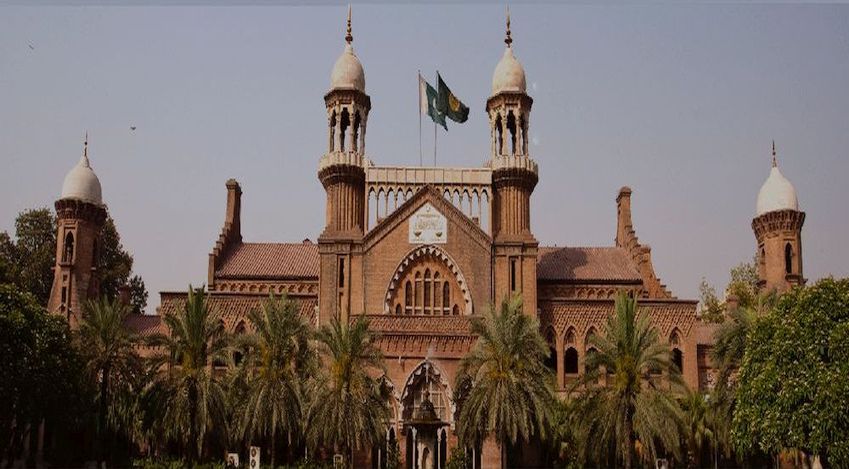Once an Order attains Finality, it cannot be reopened through Amendments --- Lahore High Court Dismisses Writ Petition Seeking Amendment
Islamabad 04-03-2025: The Lahore High Court, Multan Bench, has dismissed a Writ Petition [W.P. No. 15171 of 2022], rejecting the Petitioner’s request to amend his pleadings in a specific performance suit. The Court reaffirmed key principles regarding amendments in pleadings, finality of judicial orders, and judicial discretion in procedural matters.
The Petitioner filed a suit for specific performance against Mst. B’s legal heirs, alleging that she had entered into an agreement to sell her property but passed away before executing the transfer. The respondents contested the suit, and in response, the Petitioner sought amendment of the plaint under Order VI Rule 17 of the Code of Civil Procedure (CPC), 1908, to challenge an inheritance mutation (No. 1131, dated 03.07.2017) and an order passed by the Additional Commissioner (Revenue) on 20.03.2017.
The Trial Court allowed the amendment only to the extent of another mutation No. 1203, dated 01.04.2022 but refused amendments related to past mutations. The Petitioner’s revision petition was also dismissed by the Revisional Court on 23.09.2022, leading him to file this Writ Petition before the Lahore High Court.
Mr. Justice Syed Ahsan Raza Kazmi ruled that the Petitioner’s request did not meet the legal standards for amendment under Order VI Rule 17 CPC. The Court held that:
- The order dated 20.03.2017 had already attained finality, as it was not challenged earlier, making any later attempt to amend the pleadings legally impermissible.
- Since the petitioner knew about the disputed mutation when filing the suit but failed to challenge it at that time, he waived his right to seek amendments now.
- The proposed amendments would have changed the suit’s nature from specific performance to a declaratory suit, which is legally unacceptable.
- The Petitioner only sought amendments in the body of the plaint but did not modify the prayer clause, rendering the amendment ineffective Courts must ensure that amendments do not prejudice the other party, revive past transactions, or introduce new causes of action.
The Court cited several key judgments, including:
- Muhammad Ramzan Vs. Liaqat Ali (2001 SCMR 1984): Establishing the liberal approach towards amendments.
- Ijaz Mahmood Vs. Manzoor Hussain (1988 SCMR 34): Holding that amendments cannot be sought for facts already known before filing the suit.
- Abdur Rashid Vs. Muhammad Hanif (1994 SCMR 2035): Reinforcing the doctrine of finality in judicial orders.
- Matwali Khan Vs. Shah Zaman (PLD 1965 Azad J & K 26): Mandating specific and precise amendment requests.
The Lahore High Court dismissed the Writ Petition, upholding the lower Courts’ decisions as well-reasoned and legally sound. Additionally, the Court noted that another related suit is pending before the Civil Court, Sahiwal, and directed the Trial Court to expedite the proceedings and conclude both suits by May 2025.
This ruling reinforces:
- The importance of procedural discipline in civil litigation.
- That amendments cannot introduce new causes of action or revive past disputes.
- That once an order attains finality, it cannot be challenged through procedural loopholes.
That amendments must be reflected in the prayer clause to be legally effective.
Powered by Froala Editor








